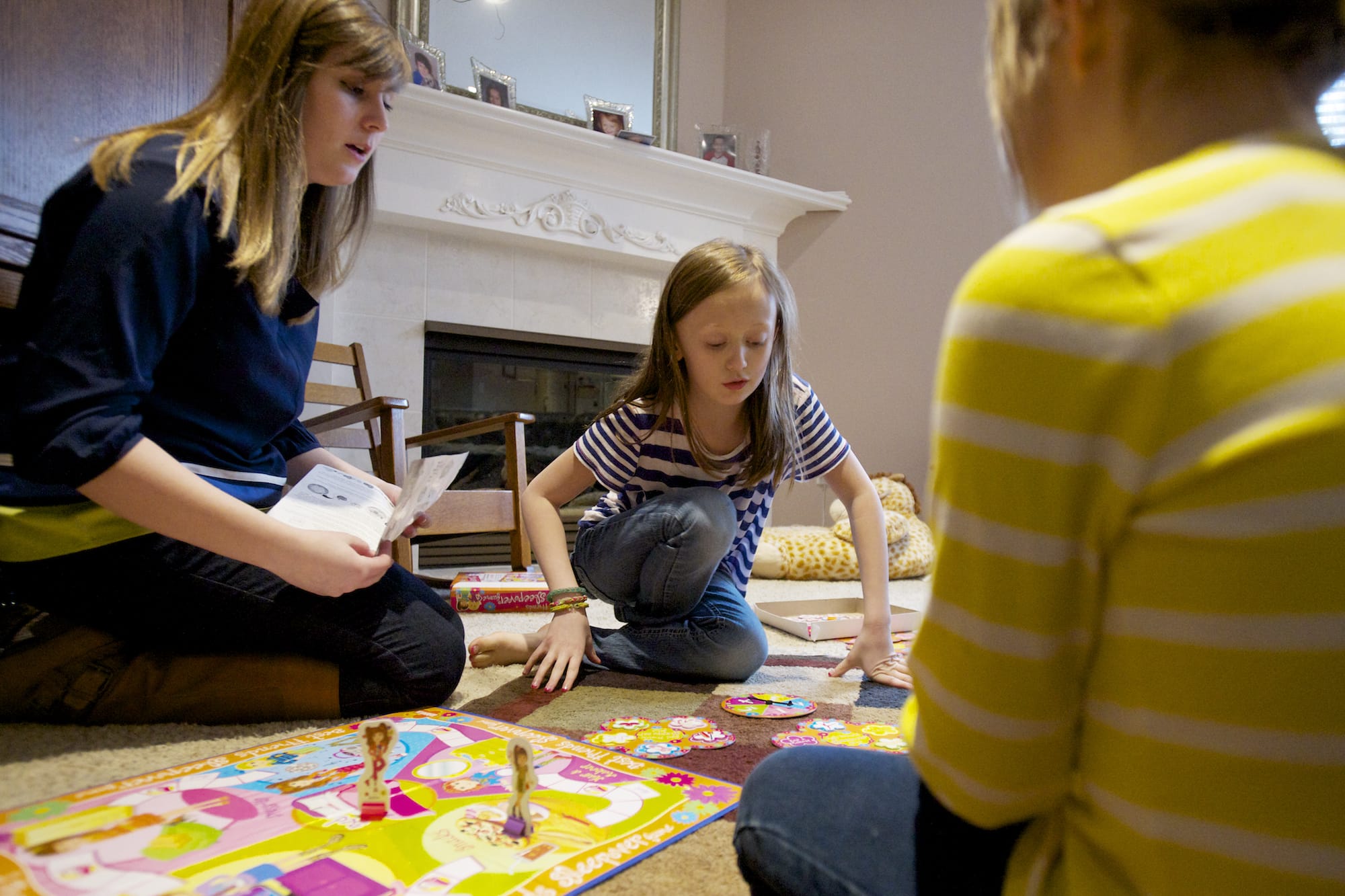Arthritis Foundation;
Juvenile arthritis information.
Twenty-year-old Kelly Slauson doesn’t know life without rheumatoid arthritis.
Diagnosed when she was just 18 months old, Slauson’s life as she knows it has always included medications, doctor’s appointments and joint stiffness.
“I thought every kid had to get shots on Friday nights and go to the doctor all the time,” said Slauson, who lives in Camas.
When Slauson was only about 7 or 8 months old, she started walking. But her parents later realized something wasn’t right.
Slauson would walk, but then, after napping, would wake up and revert to crawling. Or, if she did walk, it would be with a limp. Her pediatrician referred her to a rheumatologist at Seattle Children’s Hospital, where she was diagnosed with rheumatoid arthritis, an autoimmune disorder in which the immune system mistakenly attacks the body’s own tissue.
Rheumatoid arthritis is a chronic inflammatory disorder that affects the lining of the joints, causing a painful swelling that can eventually result in bone erosion and joint deformity, according to the Mayo Clinic.
Rheumatoid arthritis typically begins between the ages of 40 and 60. Among children younger than 16, juvenile rheumatoid arthritis is the most common type of arthritis. Symptoms of juvenile rheumatoid arthritis typically begin before age 16 and can appear in children as young as 6 months, according to the National Institutes of Health.
An estimated 1.5 million Americans have rheumatoid arthritis, according to the Arthritis Foundation.
Slauson’s early diagnosis gave her, her parents and her rheumatologist an early start at treatment with the goal of preventing joint damage. Doing so would mean fewer limitations for Slauson.
Growing up, Slauson played soccer and was on a swim team. When she was about 8 years old, she went into remission and didn’t need any medication. Doctors thought she might have outgrown arthritis.
But about three years later, her arthritis flared up again. She again needed weekly injections and regular injections into her joints to prevent pain and swelling.
She gave up soccer for lower-impact sports, such as yoga, but continued to swim. When she was 15, her rheumatologist told Slauson she had a very active disease. She wouldn’t be outgrowing it.
“It’s something that I’ll live with for the rest of my life,” she said.
But Slauson hasn’t let the disorder take over her life.
She still needs weekly injections, which she performs on herself at home, and every eight weeks she heads to her rheumatologist’s office for a 30-minute medication infusion. Every five years, she has X-rays done to check for joint damage. She still has none.
The medications keep her condition under control, for the most part. She’s usually a little stiff after getting out of bed in the morning, but after a couple hours she’s fine. She’s also had to learn balance. If she pushes herself too much physically, she’ll feel sore the following day.
Still, Slauson enrolled at the University of Portland after graduating high school. She lived in the dorms her freshman year, but her weakened immune system — a result of the arthritis medications — meant she was constantly fighting illness. She landed in the hospital for several days at the end of her freshman year as a result.
After that, she realized dorm life probably wasn’t for her, but she continued to attend classes. She works as a nanny for a couple area families, and this fall, she’ll begin nursing school.
Her interest in nursing stemmed from her own journey with a chronic condition. She hopes to work in patient advocacy, being the voice for patients trying to navigate the health care system, or perhaps in pediatrics.
“I have had so many amazing people help me along this journey,” Slauson said. “So if I can be that for somebody else, I want to do that.”
Slauson’s mom, Lynne, isn’t surprised by her daughter’s career aspirations. They’ve traveled to Washington, D.C., several times to lobby Congress on issues, such as access to specialists and medications, on behalf of people with arthritis. Slauson also volunteers as a counselor for the Arthritis Foundation’s annual summer camp for kids and their families. And each year the family has a team in the foundation’s Jingle Bell Run/Walk for Arthritis in Portland.
“She certainly has developed a tremendous amount of empathy,” Lynne Slauson said.
Even though she’s lived with a painful chronic condition since she was a toddler, Slauson feels fortunate her condition is well controlled on most days and she has the support of her family to help her through the days when it’s less controlled.
“This could be worse,” she said. “So let’s be grateful for the good days I have, and the bad days make the good days that much better.”




